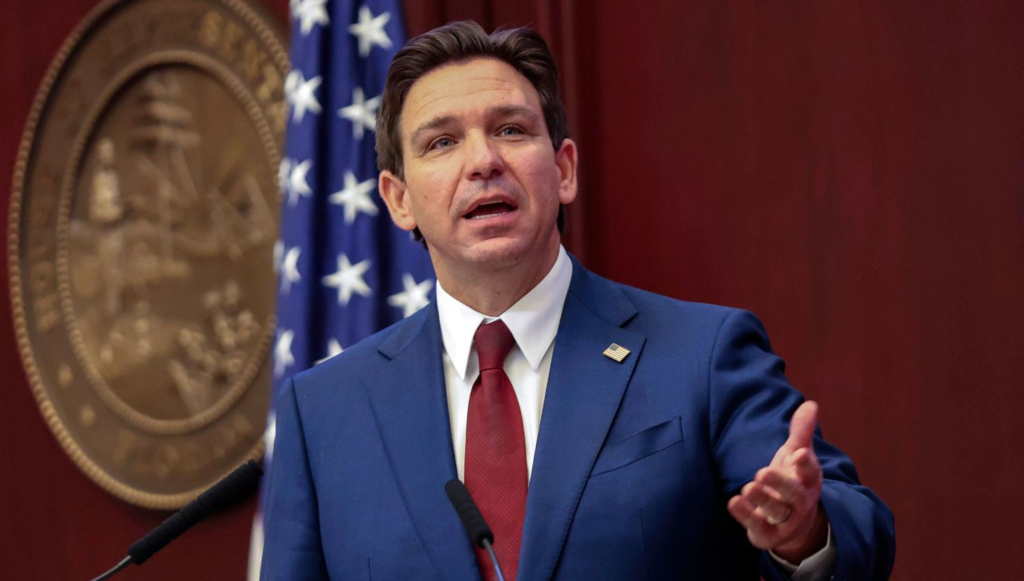|
Getting your Trinity Audio player ready...
|
Florida Governor Ron DeSantis has taken a bold step in regulating social media usage among minors. In a recent move, he signed a bill into law that prohibits children under the age of 14 from having their own social media accounts without parental consent. This decision comes as part of a broader effort to safeguard young users from potential online dangers.
“Social media harms children in a variety of ways,” said Governor Ron DeSantis. “HB 3 gives parents a greater ability to protect their children. Thank you to Speaker Renner for delivering this landmark legislation.”
“The internet has become a dark alley for our children where predators target them and dangerous social media leads to higher rates of depression, self-harm, and even suicide,” said House Speaker Paul Renner. “I am proud of the work of all our bill sponsors, Representatives Tyler Sirois, Fiona McFarland, Michele Rayner, Chase Tramont, and Toby Overdorf for delivering a legislative framework that prioritizes keeping our children safe. Thanks to Governor DeSantis’ signature, Florida leads the way in protecting children online as states across the country fight to address these dangers.”
New Restrictions on Social Media Accounts
Under the new law, children aged 14 and 15 will be permitted to have social media accounts, but only with explicit parental consent. This measure aims to give parents more control over their children’s online activities and interactions.
Addressing Pornographic Content
In addition to the age restrictions on social media, the legislation also tackles the issue of accessing pornographic websites. The bill, officially known as HB 3, mandates age verification for individuals visiting sexually explicit websites. Starting from January 1, 2025, this law will be enforced, aiming to protect minors from exposure to inappropriate content.
Joining the National Trend
Florida’s move places it among several states across the nation that have introduced similar measures to regulate young people’s access to social media. States like Arkansas, California, Louisiana, Ohio, and Utah have all pushed for laws that aim to oversee tech platforms’ influence on minors.
Legal Challenges and Precedents
However, such legislation is not without its controversies and legal challenges. Ohio’s similar law faced a temporary block from a federal judge due to concerns about its scope and potential infringement on teens’ First Amendment rights to access online information. Last year, Arkansas also had its law temporarily blocked by another federal judge.
Governor’s Previous Actions
Governor DeSantis’ signing of the bill marks a shift from his previous stance. He had previously vetoed an earlier version of the law, emphasizing the importance of ensuring that parents have ample opportunity to be involved in decisions regarding their children’s social media use.
The enactment of this law highlights the ongoing debate and efforts to balance the benefits and risks of social media for young users, with Florida joining the national conversation on regulating digital spaces for minors.
